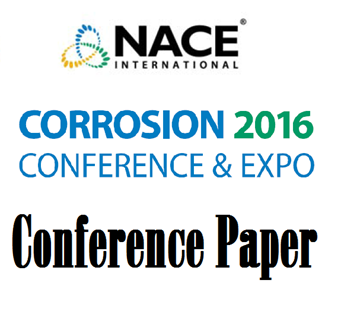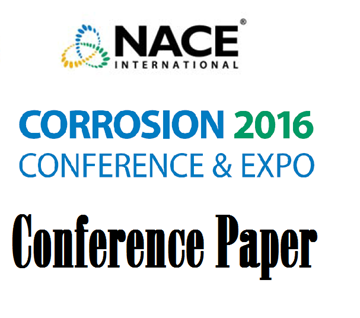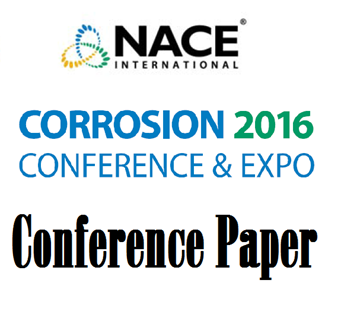Search
51316-7307-Impact of Biocomponents in the Fuel and Heating Oil on the Compatibility of Sealing Materials
Also Purchased
51316-7313-Effect of Iron Sulfide Deposits on Sour Corrosion of Carbon Steel
Product Number:
51316-7313-SG
ISBN:
7313 2016 CP
Publication Date:
2016
$20.00
51316-7319-Effect of Elements Mo and W on Humidity Corrosion of Low Alloy Steels in H2S-Containing Environment
Product Number:
51316-7319-SG
ISBN:
7319 2016 CP
Publication Date:
2016
$20.00
51316-7310-Development of Self-Healing Coatings using Encapsulated Linseed Oil and Tung Oil as Healing Agents
Product Number:
51316-7310-SG
ISBN:
7310 2016 CP
Publication Date:
2016
$20.00




